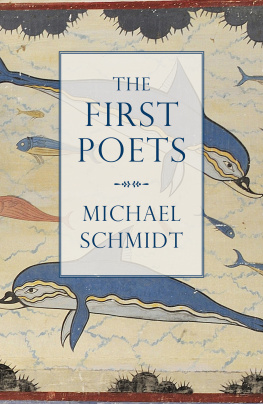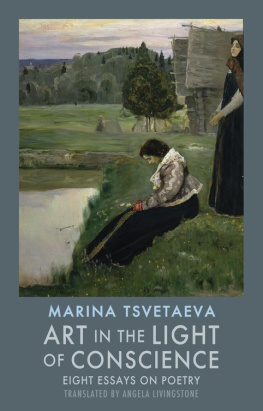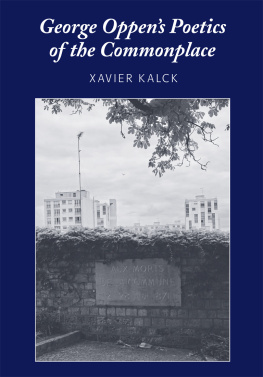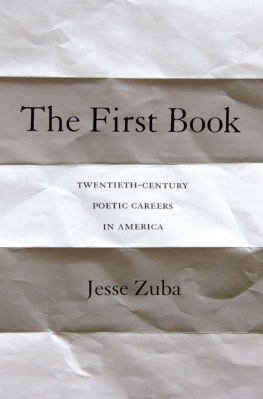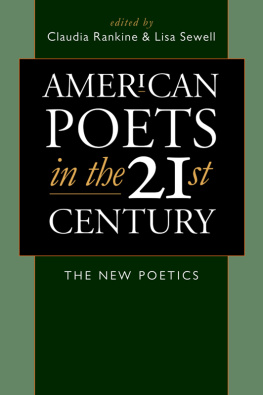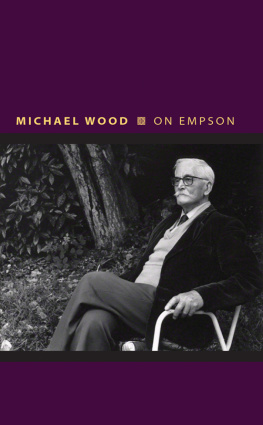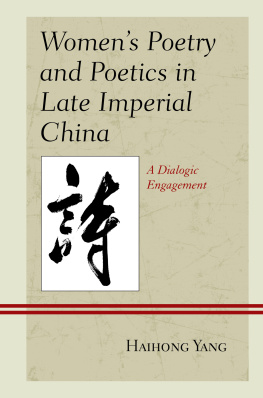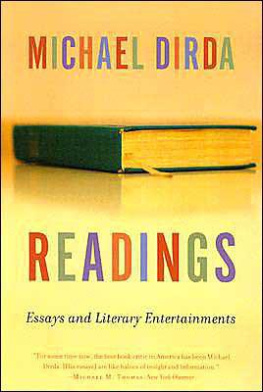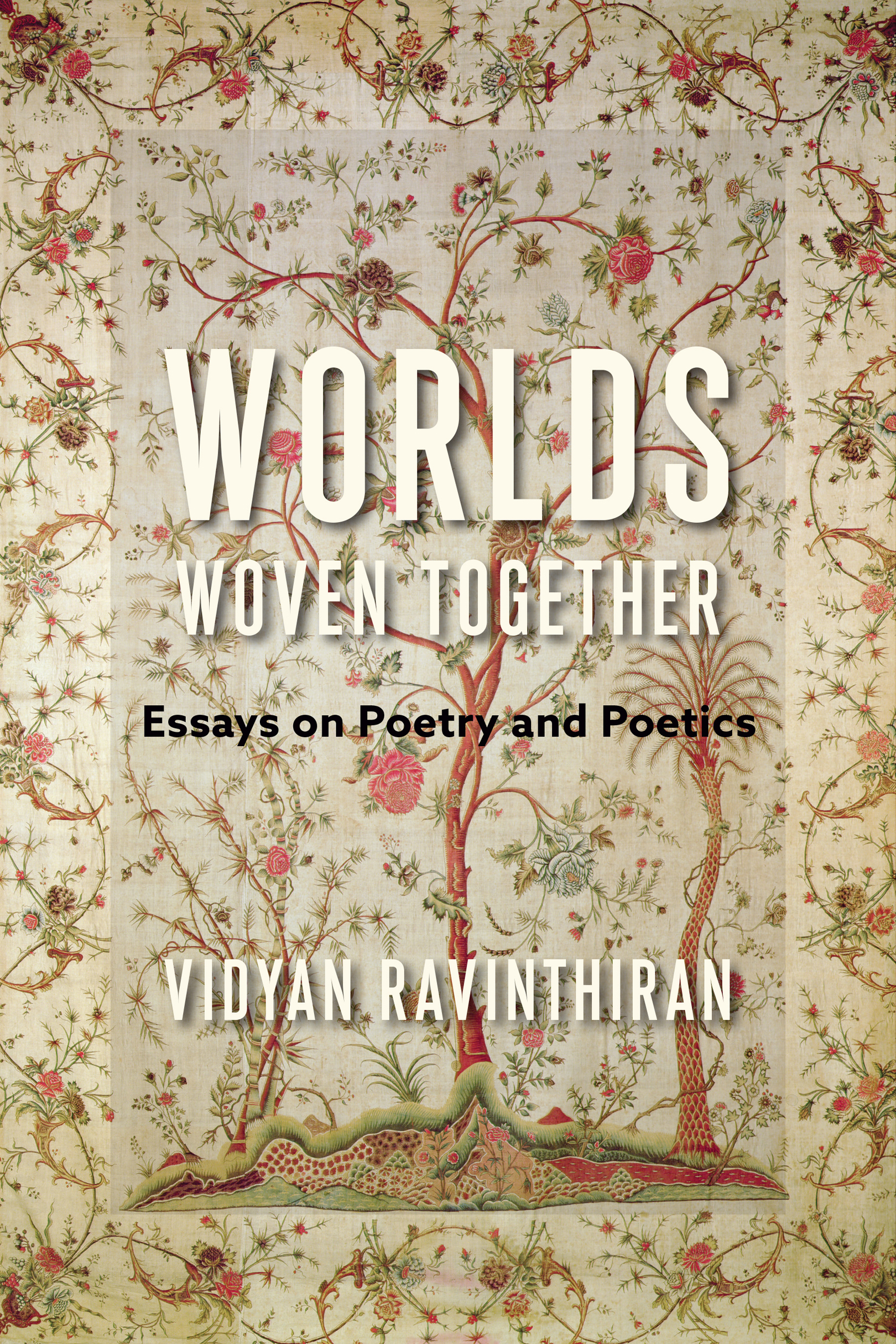Contents
Guide
Pagebreaks of the print version
WORLDS WOVEN TOGETHER
Literature Now
Literature Now
Matthew Hart, David James, and Rebecca L. Walkowitz, Series Editors
Literature Now offers a distinct vision of late-twentieth- and early-twenty-first-century literary culture. Addressing contemporary literature and the ways we understand its meaning, the series includes books that are comparative and transnational in scope as well as those that focus on national and regional literary cultures.
Caren Irr, Toward the Geopolitical Novel: U.S. Fiction in the Twenty-First Century
Heather Houser, Ecosickness in Contemporary U.S. Fiction: Environment and Affect
Mrinalini Chakravorty, In Stereotype: South Asia in the Global Literary Imaginary
Hctor Hoyos, Beyond Bolao: The Global Latin American Novel
Rebecca L. Walkowitz, Born Translated: The Contemporary Novel in an Age of World Literature
Carol Jacobs, Sebalds Vision
Sarah Phillips Casteel, Calypso Jews: Jewishness in the Caribbean Literary Imagination
Jeremy Rosen, Minor Characters Have Their Day: Genre and the Contemporary Literary Marketplace
Jesse Matz, Lasting Impressions: The Legacies of Impressionism in Contemporary Culture
Ashley T. Shelden, Unmaking Love: The Contemporary Novel and the Impossibility of Union
Theodore Martin, Contemporary Drift: Genre, Historicism, and the Problem of the Present
Zara Dinnen, The Digital Banal: New Media and American Literature and Culture
Gloria Fisk, Orhan Pamuk and the Good of World Literature
Peter Morey, Islamophobia and the Novel
Sarah Chihaya, Merve Emre, Katherine Hill, and Jill Richards, The Ferrante Letters: An Experiment in Collective Criticism
Christy Wampole, Degenerative Realism: Novel and Nation in Twenty-First-Century France
Heather Houser, Infowhelm: Environmental Art and Literature in an Age of Data
Jessica Pressman, Bookishness: Loving Books in a Digital Age
Sunny Xiang, Tonal Intelligence: The Aesthetics of Asian Inscrutability During the Long Cold War
Thomas Heise, The Gentrification Plot: New York and the Postindustrial Crime Novel
Ellen C. Jones, Literature in Motion: Translating Multilingualism Across the Americas
WORLDS WOVEN TOGETHER
ESSAYS ON POETRY AND POETICS
VIDYAN RAVINTHIRAN
COLUMBIA UNIVERSITY PRESSNew York
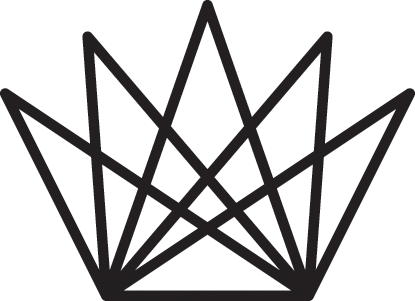
Columbia University Press
Publishers Since 1893
New York Chichester, West Sussex
cup.columbia.edu
Copyright 2022 Columbia University Press
All rights reserved
E-ISBN 978-0-231-55469-5
Library of Congress Cataloging-in-Publication Data
Names: Ravinthiran, Vidyan, author.
Title: Worlds woven together : essays on poetry and poetics / Vidyan Ravinthiran.
Description: New York : Columbia University Press, 2022. | Series: Literature now | Includes bibliographical references and index.
Identifiers: LCCN 2021048834 (print) | LCCN 2021048835 (ebook) | ISBN 9780231202749 (hardback) | ISBN 9780231202756 (trade paperback)
Subjects: LCSH: PoetryHistory and criticism. | Poetics. | LCGFT: Literary criticism. | Essays.
Classification: LCC PN1136 .R38 2022 (print) | LCC PN1136 (ebook) | DDC 808.1dc23/eng/20220225
LC record available at https://lccn.loc.gov/2021048834
LC ebook record available at https://lccn.loc.gov/2021048835
A Columbia University Press E-book.
CUP would be pleased to hear about your reading experience with this e-book at .
Cover design: Chang Jae Lee
Cover image: Mark Fiennes Archive / Bridgeman Images
for Arvind
The special contribution of literature is its vision, its intuitive grasp of structure, its perspective; not the facts themselves so viewed, but the facts as seen by the imaginative accuracy of a mind that is not merely factual. Therefore, any use of literary examples to illustrate simply, say, overcrowding in cities or the slum problem or modernisation is no use at all, for we bring our categories to it and take them out again, with no new insights gained from the give-and-take. Literature provides patterns and hypotheses directly relevant to social science. It provides a repertoire of perceptions otherwise not available, or perceptions that social-scientists reach only after infinite pains and fact-finding. William Blake said, Whatever is proven today was once imagined.
A. K. Ramanujan, Towards an Anthology of City Images (1970)
Contents
irst, my wife Jenny and my son Frank. Then my parents: Aruljothy and Thirunavukkarasu Ravinthiran. For the books on the shelvesstill more for your personal, inimitable, talk styles and gestures. The microculture you recreated in the North of England: a little piece of Sri Lanka. Thank you for your effervescent, unkillable alternativea demandingly joyous moral and spiritual and aesthetic alternativeto the voices of academia and book talk and popular culture where people resembling us are thin on the ground.
Sometimes, having surfeited on journal articles or book reviews, I feel theres but one route to go. Speaking with youdextrous migrants, fearlessly jocose Tamils (survivors free of self-pitys emotional clichs)always sets me right.
Professors Jahan Ramazani, Laetitia Zecchini, Peter D. McDonald, Arvind Krishna Mehrotra, Stephanie Burt, Sandeep Parmar, and Maureen N. McLane read these essays carefully and helped improve them. So did Philip Leventhal and Susan Pensak at Columbia University Press and the editors of the Literature Now series: in particular, Im grateful to David James. Also to the mentors and mentees and organizers of Ledbury Emerging Criticsboth past and present, including those whove left the programfor challenging me to think feelingly and feel thoughtfully. Vikrant Dadawalla helped my essay on Shukla: thank you, Vikrant.
Most of these essays wouldnt exist but for their commissioning editors: Don Share at Poetry, Michael Schmidt at PN Review, Alan Gillis at the Edinburgh Review, Emily Berry at the Poetry Review, Meghan ORourke at the Yale Review, Anjum Hasan at the Caravan, Gerald Maa and Caroline Jean Bartunek at the Georgia Review, and Clare Pollard at Modern Poetry in Translation, who let me turn in a piece on Mir Taqi Mir four times longer than requested. Thank you for letting me write weird and sometimes wild sentences about the books I love.
n 1998, Oxford University Press published Grub Street and the Ivory Tower, a book of essays contending that there has rarely been as sharp a distinction between literary journalism and academic scholarship as has often been supposed (or wished by some people on both sides). Big names from both sides contribute essays, with a decent mix of men and women, though everyone appears to be white. The best is Marjorie Perloffs: while the Times Literary Supplement brings in specialists for other subjects, she adds this isnt so for poetryall you need to review for them is to be a well-connected (read male, metropolitan) certified poet. She excoriates the entitled for dismissing offhandedly swathes of literature they havent the tools to graspreviewers who, above all else, know what they like.


